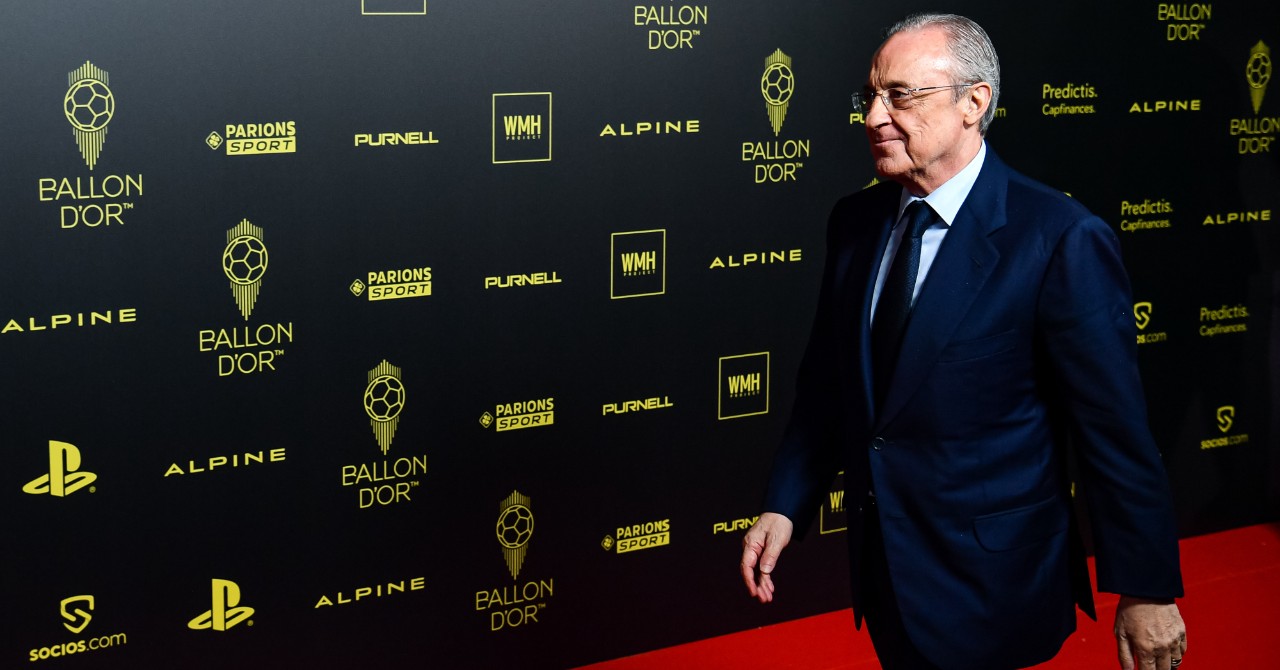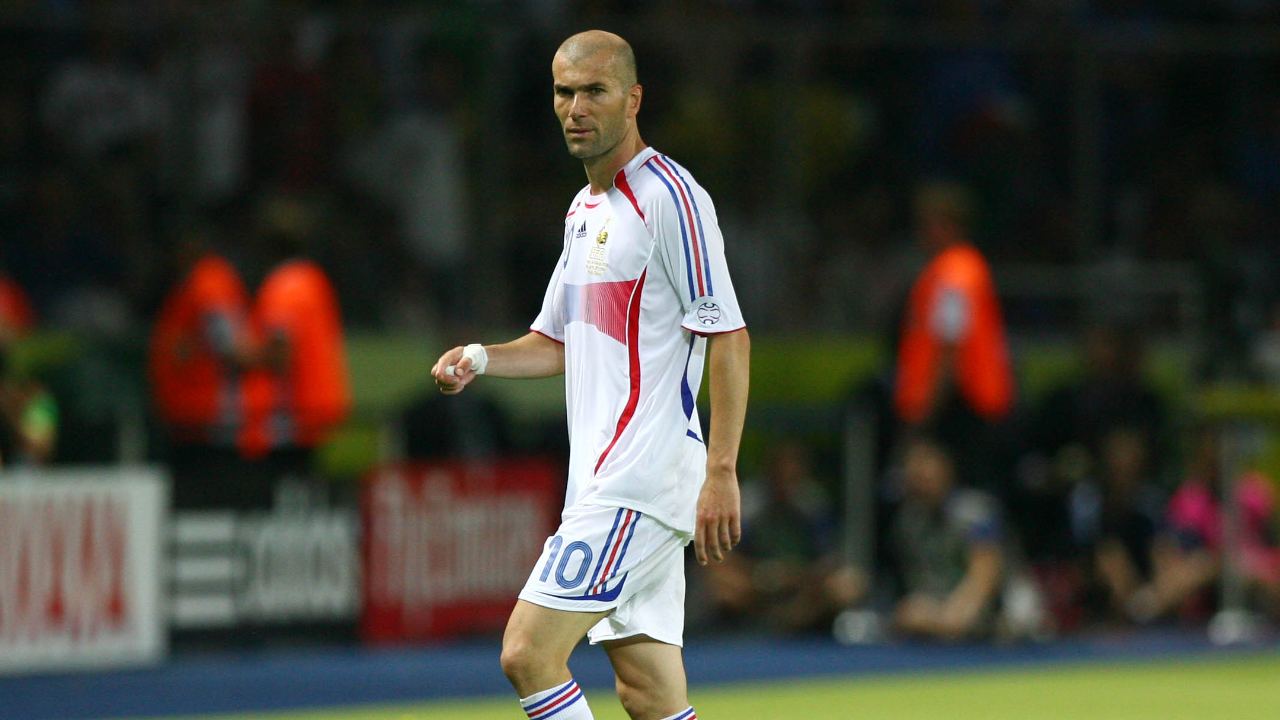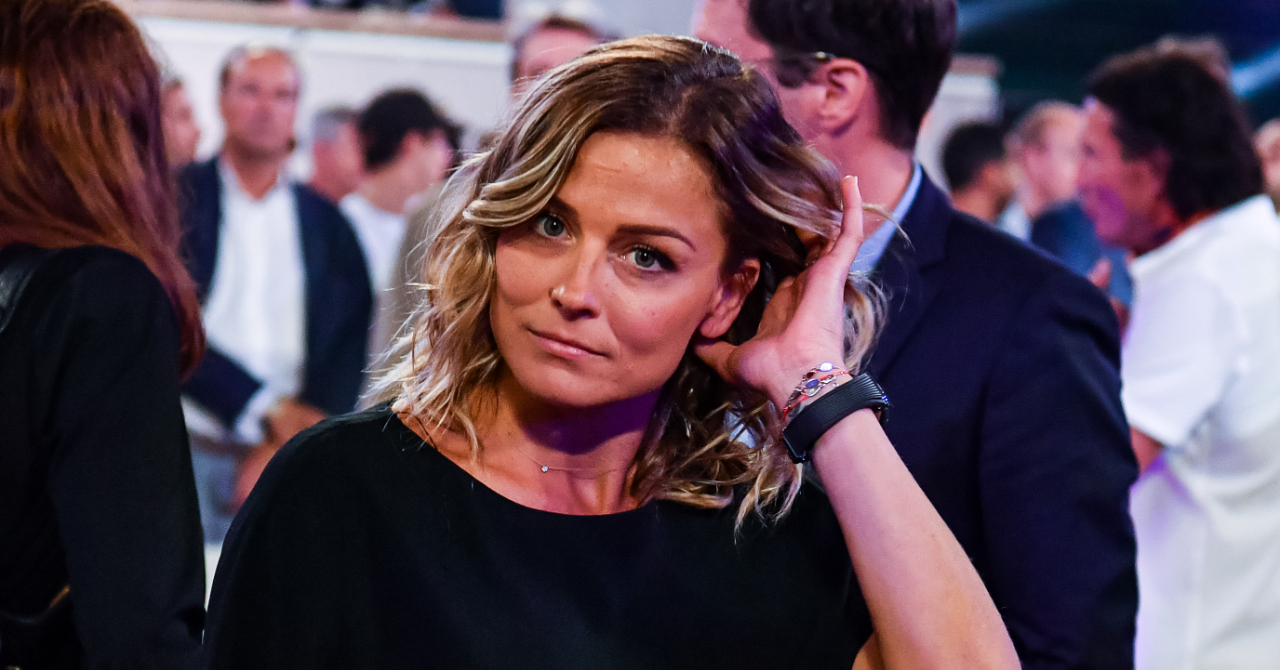ARTICLE AD
Icon of French sport since July 12, 1998, Zinedine Zidane has nonetheless had to deal with the specter of doping since his time at Juventus Turin.
Nearly twenty years after the end of his playing career, Zinedine Zidane remains one of the most popular French athletes. And nothing could alter this popularity born on July 12, 1998 thanks to his double against Brazil. Neither his headbutt on Marco Materrazzi in the final of the 2006 World Cup, nor the suspicions of doping against him after his adventure at Juventus Turin.
Questioned at the Turin court in January 2004, Zinedine Zidane admitted to having taken creatine and vitamin drips when he played for Juve. “This had never happened to me before in France, nor now in Spain,” he said when he was heard as a witness in the trial against his former club and more precisely two of its leaders, prosecuted for “sports fraud “.
Although creatine was not among the products banned by the International Olympic Committee (IOC), its use was questionable. And the same was true of minerals injected via infusions. “In the name of what should a player have an infusion? It is only used in extreme cases, such as in surgery…”, was offended by a professor of pharmacology in an additional investigation published in September 2016, evoking a
“legal doping”: “if you take these drugs in high doses or over long periods of time, it is a form of legal doping. There is absolutely no difference between doping and taking these products. »
Zinedine Zidane and the disturbing test of 1997
During his testimony before the Italian courts, Zinedine Zidane mentioned two products by name: Esafosfina and Neoton. And to justify their intake, he mentioned a genetic disease, Thalassemia, from which Pete Sampras also suffered and which would manifest itself as an iron deficiency. But according to Besma Lahouri, author of Zidane, a secret life, released in 2008, the former Bordeaux player has never lacked iron according to the various medical examinations carried out throughout his career.
In her book, Besma Lahouri evokes another episode likely to sow trouble on the question of doping. During the Blues’ winter training camp in Tignes, at the end of December 1997, an unannounced control was carried out by Alain Garnier, the former director of the European office of the World Anti-Doping Agency, provoking the anger of Aimé Jacquet. And for good reason, according to Marie-Florence Grenier-Loustalot, who has long worked on screening for doping products in collaboration with the International Olympic Committee. “One of the tests carried out at first instance showed a suspicious level of testosterone”, she said. The results will nevertheless remain unanswered…

.jpg) 1 month ago
16
1 month ago
16 

